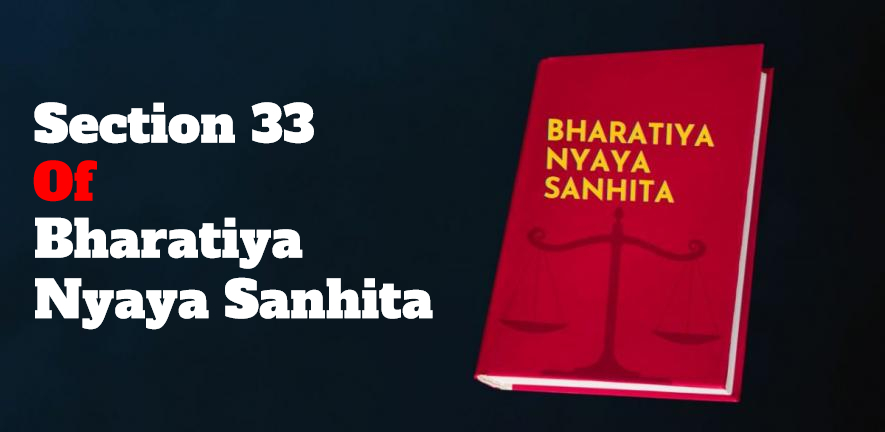Section 357 BNS
Section 357 of the Bharatiya Nyaya Sanhita (BNS), 2023 deals with “Breach of contract to attend on and supply wants of helpless person”.
The key points about this section are:
- It criminalizes the breach of contract to attend to and provide for the needs of a helpless person.
- This section corresponds to Section 491 of the Indian Penal Code (IPC) which it replaces in the new BNS.
- The BNS has made changes to the terminology and language of this section compared to the original IPC provision.
So in summary, Section 357 BNS carries forward the criminal liability for breach of contract to care for a helpless person from the old IPC into the new Bharatiya Nyaya Sanhita, with some modifications to the wording and structure of the provision.
How does Section 357 BNS differ from the previous version
Section 357 of the Bharatiya Nyaya Sanhita (BNS), 2023, introduces significant changes compared to its predecessor in the Indian Penal Code (IPC). Here are the key differences:
1. Terminology and Structure
- BNS Definition: Section 357 BNS specifically addresses the breach of contract to attend to or supply the needs of a helpless person. It emphasizes the obligation of individuals bound by lawful contracts to care for those who are incapable of self-care due to youth, mental unsoundness, disease, or bodily weakness.
- IPC Equivalent: The previous provision in the IPC (Section 491) also dealt with similar issues but lacked the explicit focus on contractual obligations. The BNS clarifies the context and conditions under which the breach is punishable.
2. Punishment Provisions
- BNS Punishment: The punishment under Section 357 BNS can extend to three months of imprisonment or a fine of up to five thousand rupees, or both. This is a streamlined approach compared to the IPC, which had broader and more complex punitive measures.
- IPC Punishment: The IPC did not specify the same level of detail regarding the conditions of helplessness or the specific obligations under a contract, which may have led to inconsistencies in enforcement and interpretation.
3. Scope of Application
- BNS Scope: The BNS narrows the focus to specific scenarios involving contracts and helpless individuals, which may enhance clarity and enforceability. This reflects a modernized approach to legal obligations in caregiving scenarios.
- IPC Scope: The IPC’s broader language may have allowed for varied interpretations, potentially complicating legal proceedings related to similar breaches.
4. Overall Reform Context
- The BNS is part of a larger reform effort to modernize and simplify criminal law in India, reducing the number of sections from 511 in the IPC to 358 in the BNS. This reduction aims to streamline legal processes and make laws more accessible and understandable.
In summary, Section 357 of the BNS provides a more focused, clear, and enforceable framework for addressing breaches of caregiving contracts compared to the previous IPC provisions, reflecting contemporary legal standards and societal needs.

Adv Ashish Sharma has dedicated his career to helping individuals and businesses navigate the intricate legal landscape with confidence. From providing expert advice on current legal issues to offering clear explanations of legal principles, he strives to empower his audience with knowledge and understanding.


